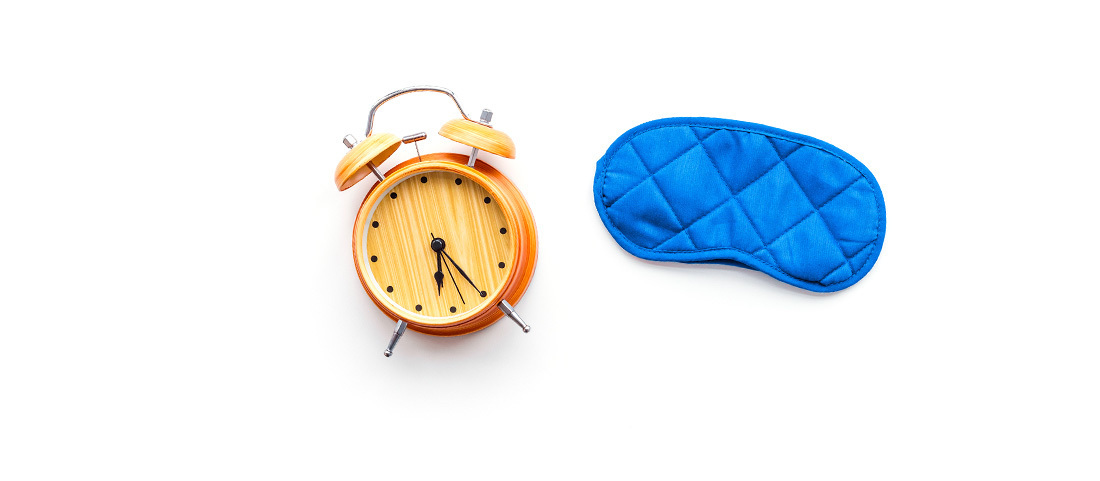
Want to Boost your Immune System? The 7-8 Hour Rule is a Must!
Yes, we are talking SLEEP!
You’ve probably heard the following sleep advice more than once: Get a solid 7-8 hours of restful and uninterrupted sleep each night. While getting more sleep won’t necessarily prevent you from becoming ill, the lack of sleep can have an adverse effect on your immune system – leaving you at higher risk for getting a nasty cold or even the flu.
But How? The science behind sleep and your immune system.
While you are asleep, your immune system produces and releases cytokines – a type of protein that targets infection and inflammation, or simply an immune response. When you don’t get sufficient sleep, infection-fighting antibodies and cells are reduced, which means fewer cytokines are released to help your immune system fight off cold and flus. Lack of sleep can also affect how fast you recover if you do get sick. People who suffer from chronic sleep loss can even find that the flu vaccine is less effective due to the body’s reduced ability to respond.
Time to Create Healthy Sleep Habits!
To give your body better odds at staying healthy, especially during the cold and flu season, try to get those 7-8 hours of sleep each night. This will help keep your immune system in fighting shape. If you can’t manage to get all your necessary sleep during the night, try to make up for the lost rest with naps. Naps have been shown to decrease feelings of stress and offset the negative side effects sleep deprivation has on the immune system. Remember, naps should not be more than 30 minutes each. Finding time to take a nap can be tricky if you already have a busy schedule, but just 20 minutes during a lunch break or after work can make a huge difference.
Everyone and every age group is a bit different
Young adults and children need more sleep than adults to stay healthy. Teenagers, on average, need 9 to 10 hours of solid sleep while school-aged children may need 10 or more. We often wonder why back to school season has an uptick in illnesses – the shift of sleep patterns could be a big reason!
What about sleeping too much? Adults who sleep more than 9 to 10 hours a night may have a poor quality of sleep, such as difficulty falling or staying asleep. In other words, it’s not the time in bed that counts it’s the amount of restful sleep you get so you can easily wake and feel refreshed – that counts!
Beyond sleep – don’t forget these other habits for a healthy immune system
- Wash your hands with soap regularly
- Avoid close contact with people who are obviously under the weather
- Take supplements to help boost your immune system and/or to help you sleep better
As sleep and immunity research continues to grow, it’s become clear that sleep deprivation puts your body at a disadvantage. When you get quality sleep, you empower your body to use every part of your immune system to battle incoming or present threat.
Why let your body head to the battlefield unprepared?
References:
- Asif, Nayyab, Iqbal, Razia, and Nazir Chaudhry Fahad, “Human immune system during sleep”, National Institute of Healthy, 20 December 2017, accessed 17 August 2020, <https://www.ncbi.nlm.nih.gov/pmc/articles/PMC5768894/>
- “How sleep affects your immunity”, Sleep Foundation, July 28, 2020, <https://www.sleepfoundation.org/articles/how-sleep-affects-your-immunity>
